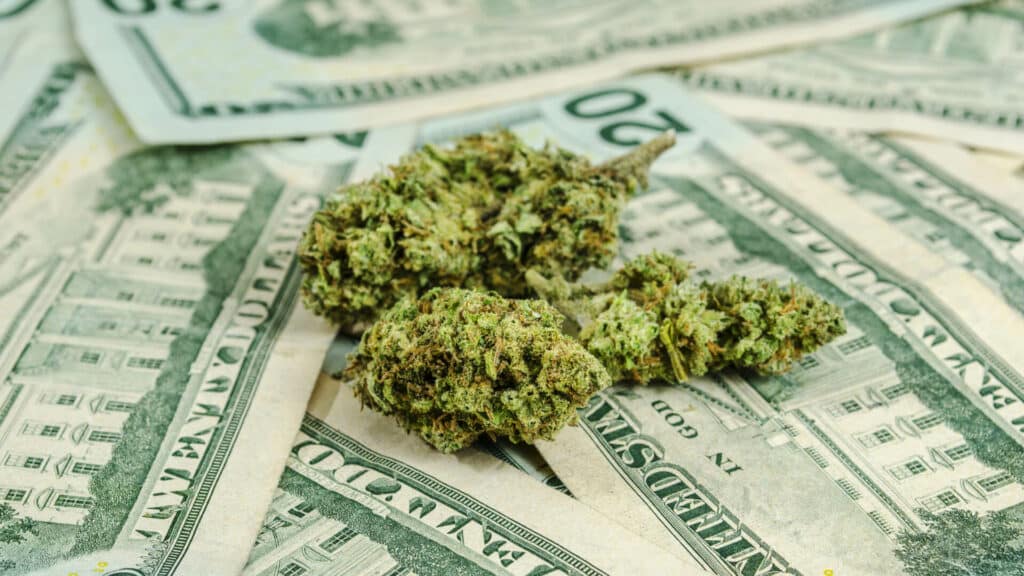 Special to the Chronicle by Bernd Debusmann, Jr., who is currently studying for an MA in International Journalism at City University London. Prior to that, he lived and worked in his native Mexico, most of it as a full-time freelancer for Reuters TV, also contributing to Fox Latino. Earlier he worked as a reporter in New York City and as a freelance producer for the Reuters Latin American Television Desk in Washington DC, during which time he dealt with many drug trafficking stories. During 2010 and 2011 he authored the weekly Mexico Drug War Update published by this newsletter, available in our Mexican Drug War archive section.
Special to the Chronicle by Bernd Debusmann, Jr., who is currently studying for an MA in International Journalism at City University London. Prior to that, he lived and worked in his native Mexico, most of it as a full-time freelancer for Reuters TV, also contributing to Fox Latino. Earlier he worked as a reporter in New York City and as a freelance producer for the Reuters Latin American Television Desk in Washington DC, during which time he dealt with many drug trafficking stories. During 2010 and 2011 he authored the weekly Mexico Drug War Update published by this newsletter, available in our Mexican Drug War archive section.
On January 1, Colorado made history by becoming the first American state where marijuana can be purchased for recreational purposes, and in which marijuana is regulated from the seed to the actual sale of product. As attitudes in Americabegin to shift in favor of outright legalization, it increasingly seems possible that more states — and eventually the entire country — might follow. But what does this mean south of the border, where Mexican cartels make enormous profits by trafficking this illegal commodity?
Given the nature of the illegal drug business, arriving at a precise figure is impossible. At times, the Office of National Drug Policy has said that as much as 60% of cartel profits come from the production and sale of marijuana. On the other hand, a 2010 RAND study estimated the percentage to be between 15 and 26 percent. More recently, research by the Mexican Institute of Competiveness released in October 2012 suggests that if only Washington, Colorado and Oregon legalized marijuana, then cartel profits would fall as much as 30 percent.
Another variable which must be taken into account when analyzing the impact of legalization on the cartels is the nature of the organizations themselves. All of Mexico’s criminal groups have a range of diverse business interests aside from marijuana, and most are considered poly-drug organizations, which make huge profits from methamphetamine, cocaine and other drugs. Some cartels, including the notorious Zetas, have gone beyond trafficking illicit goods and are now involved in prostitution, migrant smuggling, extortion, human trafficking, counterfeiting and oil theft.
On its own, legalization would not be able to bring an end to the activities of these groups, but — whatever the actual figure — legalization would have a definite financial impact. By some accounts, legalization in Colorado kept $5 million from the hands of criminals the first week, much of which, if the US government is to be believed, would have gone to Mexican traffickers.
The most immediate effect in Mexico would likely be felt in areas heavily involved in production, such as Michoacán or the “Golden Triangle” region that straddles Sinaloa, Durango and Chihuahua. Parts of this region are completely dominated by the cartels, who pay farmers to grow marijuana (and poppy, to a lesser extent). If the price of marijuana were to suddenly drop, the cartels that manage the production in that area would experience a significant decline in profits. Mexican analyst Alejandro Hope estimated that the Sinaloa Cartel stands to lose up to half of its profits from legalization in Colorado, Oregon and Washington alone.
Much of the power of cartels in Mexico stems from their ability to corrupt local authorities and buy protection. Whatever the precise figure, any legislation that disrupts the flow of money into cartel coffers benefits the Mexican government by allowing it to focus their resources elsewhere.
Article From StoptheDrugWar.org – Creative Commons Licensing – Donate




